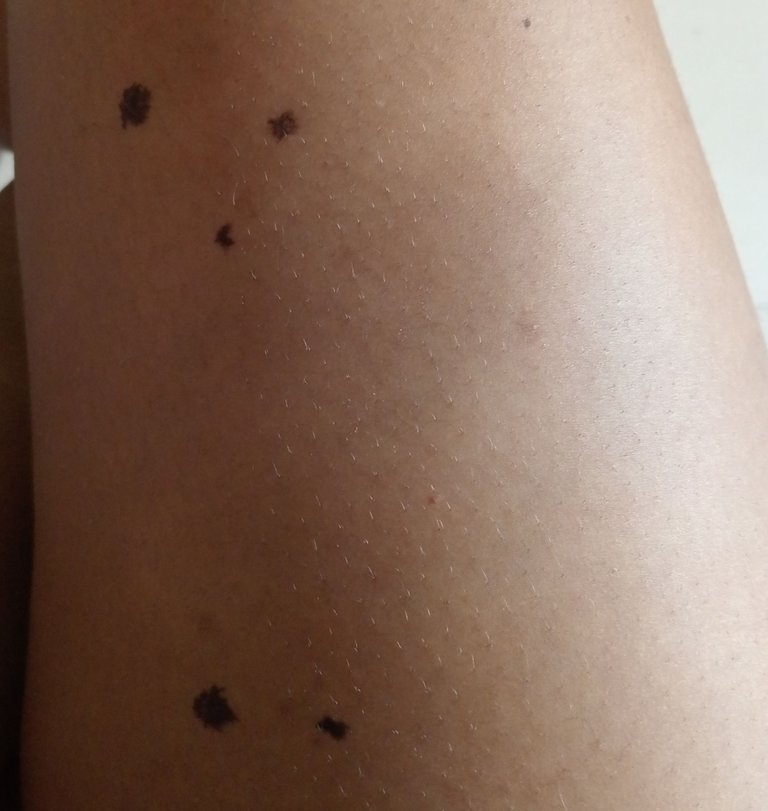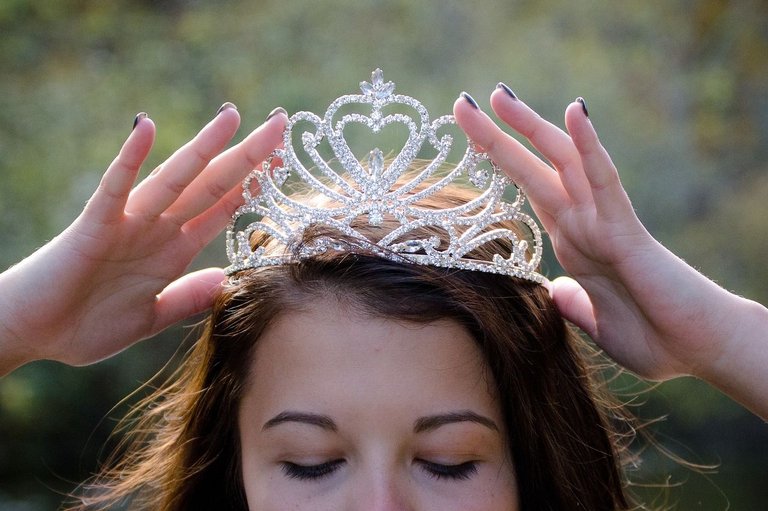Growing up, my mother often reminded me, "You are of royal descent; behave as a princess." She took pride in our family's lineage and ceased every opportunity to recount how her father, with his intimate ties to the colonial powers, was among the first to master the English language.
After the departure of the colonialists, our village sought a new leader, and the community proposed my grandfather as king. However, he declined the offer due to his Christian beliefs. He was unwilling to partake in the traditional rituals associated with kingship. Kingship often involves fetish practices, and my grandfather believed, as a Christian, that you should not dine with God and the devil at the same time.
One might assume that, as a potential king, my grandfather would possess a grand palace or expansive estate, with numerous servants attending to his every need. However, when I first visited the village, my expectations were shattered. My mother's siblings appeared no different from ordinary villagers, devoid of any royal attire. My father's compound, while sizable, housed only basic dwellings for his three wives and their children. There was no semblance of regal luxury.
Upon my grandfather's passing, his lands were distributed among his sons, while his daughters were excluded. In our tradition, married women are deemed ineligible for inheritance in their father's household as they no longer carry his surname. This custom left my mother and aunts without a claim to any of their grandfather's assets.
The only inheritance I received from my grandfather was my skin color and birthmarks. I have lots of black spots scattered across my body that are commonly referred to as birthmarks. One day, out of curiosity, I attempted to count them and found over 60. Each time someone notices them, I'm met with reactions like, "Why do you have so many? Was your grandfather afraid that you'd get lost or something and decided to design you with it?"

It's ironic that despite being married and no longer carrying my father's surname, I still assist him in settling his accumulated debts. It may seem natural for me to care for my father during his lifetime, but I have no inheritance rights to his assets after his passing. Fortunately, he doesn't have many assets, so I am not really bothered. African tradition often puts women in a disadvantaged position, perpetuating inequalities even within family dynamics.
Although not all African parents adhere to traditional beliefs that disadvantage women. Many educated and successful parents, regardless of gender, prioritize ensuring their children are well provided for during their lifetime and even after their passing. They work hard to establish a secure foundation for their children's future, regardless of societal norms. I've witnessed some examples that evoked feelings of both admiration and aspiration. I aspire to be a diligent and forward-thinking parent, and I aim to surpass the achievements of my own parents. Hopefully, my children will inherit not just material wealth but also invaluable opportunities and security.
I firmly believe that when there are no expectations, there are no disappointments. I've conditioned myself to recognize that my future is within my control, encompassing both financial stability and health. Regardless of what I may or may not inherit from my parents, I understand that I alone have the power to shape my life's trajectory.
This is an entry into Aprilinleo writing prompt.
Posted Using InLeo Alpha
Posted Using InLeo Alpha

Indeed. I have always said I might not partake of my father's assets even as a man and his first child. I would rather my siblings have them, I could even gift them to my sister as a wedding gift because women are usually the ones to look out for their aged parents and deserve equal rights to them. But this is Africa